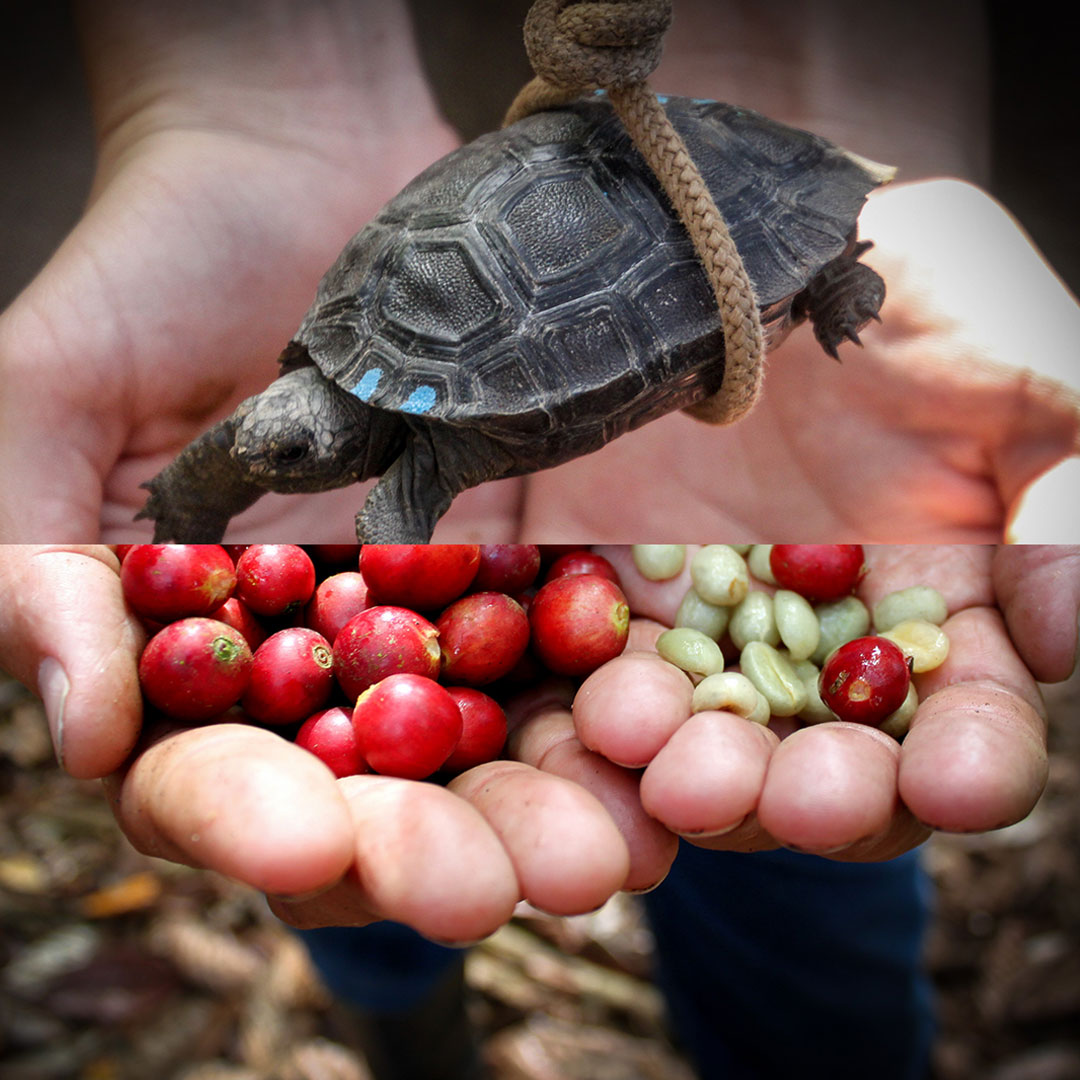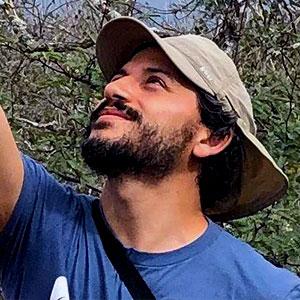Invasive for Whom?

WHEN
Thursday, April 21, 2022
4:30-5:30 p.m. PT
LOCATION
Online
Zoom
PRICE
Free
Check out this video to watch the Invasive for Whom?.
Including Farmer Perspectives in the Vision for the Galapagos Island
Environmental Speaker Series
Brought to you by:
WWU College of the Environment
in partnership with the WWU Alumni Association
Did you know that there is agriculture in the Galapagos Islands? Agriculture used to be one of Galapagos' main economic drivers and profoundly transformed the landscapes of the humid highlands of its inhabited islands. The humid highlands are the archipelago's most biologically productive and diverse regions, serving as crucial habitats for endemic fauna and flora. They are also the main battleground against the spread of invasive plants. The growing tourism industry spurred migration from farms to urban areas, which has led to invasive species proliferating in abandoned farms, threatening agricultural lands and adjacent protected areas. However, the Galapagos National Park continues to exclude farmers from regional development and conservation plans, fostering an antagonistic relationship with crucial allies for conservation.
This project took a unique mixed-methods approach to highlight farmers' roles in sustaining the islands. Image classification of remotely sensed images was used to generate the first high-resolution map of agricultural areas in the Galapagos. Species distribution models were used to identify giant tortoise habitats in the humid highlands. Ethnographic and qualitative data were used to question traditional narratives about who 'belongs' in the highlands of the Galapagos.
Conservation management plans prioritize endemic organisms as worthy of protection, while introduced organisms are seen as targets for eradication. However, if lawmakers and conservation scientists consider the functions that people, animals, and plants serve in agroecosystems, management plans for the Galapagos highlands are more likely to result in collaboration between agriculture and conservation practitioners. These results reframe the relationship between agriculture and conservation as allies in sustaining people's livelihoods, controlling invasive species' spread, and protecting symbolic flora and fauna in this UNESCO World Heritage Site.
More information about the speaker series is available here, and past Environmental Speaker Series recordings are available here.
We are excited that we will be live-streaming from a WWU classroom for the webinar for our off-campus audience. Due to the pandemic, only WWU students will be in-person for the presentation but we look forward to welcoming you all to class virtually.

Francisco Laso
Speaker
Francisco Laso holds a PhD in Geography from the University of North Carolina at Chapel Hill and an MSc in Ecology and Evolution from Rijksuniversiteit Groningen (Netherlands) and Université Montpellier II (France). Francisco has worked on conservation and education projects in the Galapagos Islands since 2003. His research uses interdisciplinary methods to explore human-environment interactions in the Galapagos and the Ecuadorian Amazon.
Questions and Accommodations

Stefan Freelan is the coordinator of the Environmental Speaker Series. Send email to stefan@wwu.edu or call (360) 650-2949 if you have any questions or comments.
There will be auto-captions available for this event.